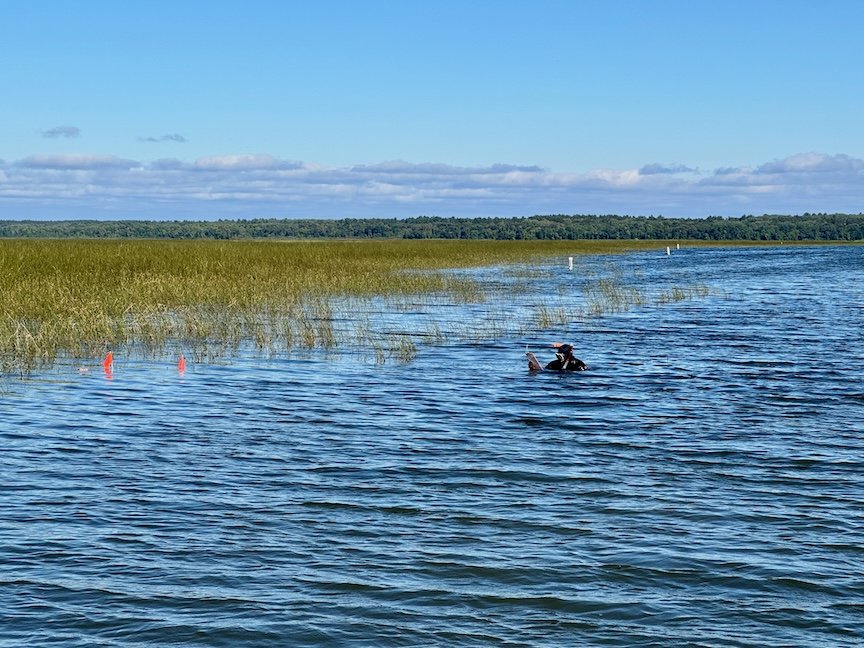This project will assess the threat of starry stonewort to wild rice using empirical and modeling approaches and apply findings to Leech Lake Band of Ojibwe-led response efforts, supporting surveillance, outreach, and monitoring.
There is great concern about the impacts of starry stonewort (SSW) invasion on wild rice and a need to develop effective strategies to manage SSW that has invaded wild rice beds. As a sacred food and relative to Native people and a prized resource for many Minnesotans, wild rice is an irreplaceable species in Minnesota. It is critical to evaluate the impacts of SSW on wild rice and implement sound response efforts to protect impacted wild rice. In addition, supporting surveillance, outreach, and monitoring is vital for effectively responding to future spread and impacts of SSW on wild rice and other native plant species. The project will respond to the threat of SSW spread and potential impacts to wild rice on the Leech Lake Band of Ojibwe (LLBO) Reservation by leveraging products from previous and ongoing MAISRC research and supporting ongoing efforts of the LLBO. The objectives of this project are to:
- Improve surveillance for SSW within and across LLBO Reservation lakes
- Assess the impacts of SSW and its management on wild rice
- Provide research and extension support for SSW surveillance and management
The research team aims to achieve their goals through several approaches. They plan to utilize data and models to understand how aquatic invasive plants spread within and between lakes, helping them prioritize which lakes and areas within those lakes to focus their search efforts for a specific invasive species. Additionally, they will keep a close eye on wild rice beds that have been taken over by this invasive species, studying how both the wild rice and other native plants respond to different removal methods, such as experimental hand removals and ongoing diver-assisted suction harvesting (DASH) management.
The team intends to offer training sessions to members of the LLBO community and other stakeholders, such as lakeshore property owners, resort owners, and fishing guides. These sessions will cover topics like identifying the invasive species, understanding its impacts, and how to report sightings effectively.

